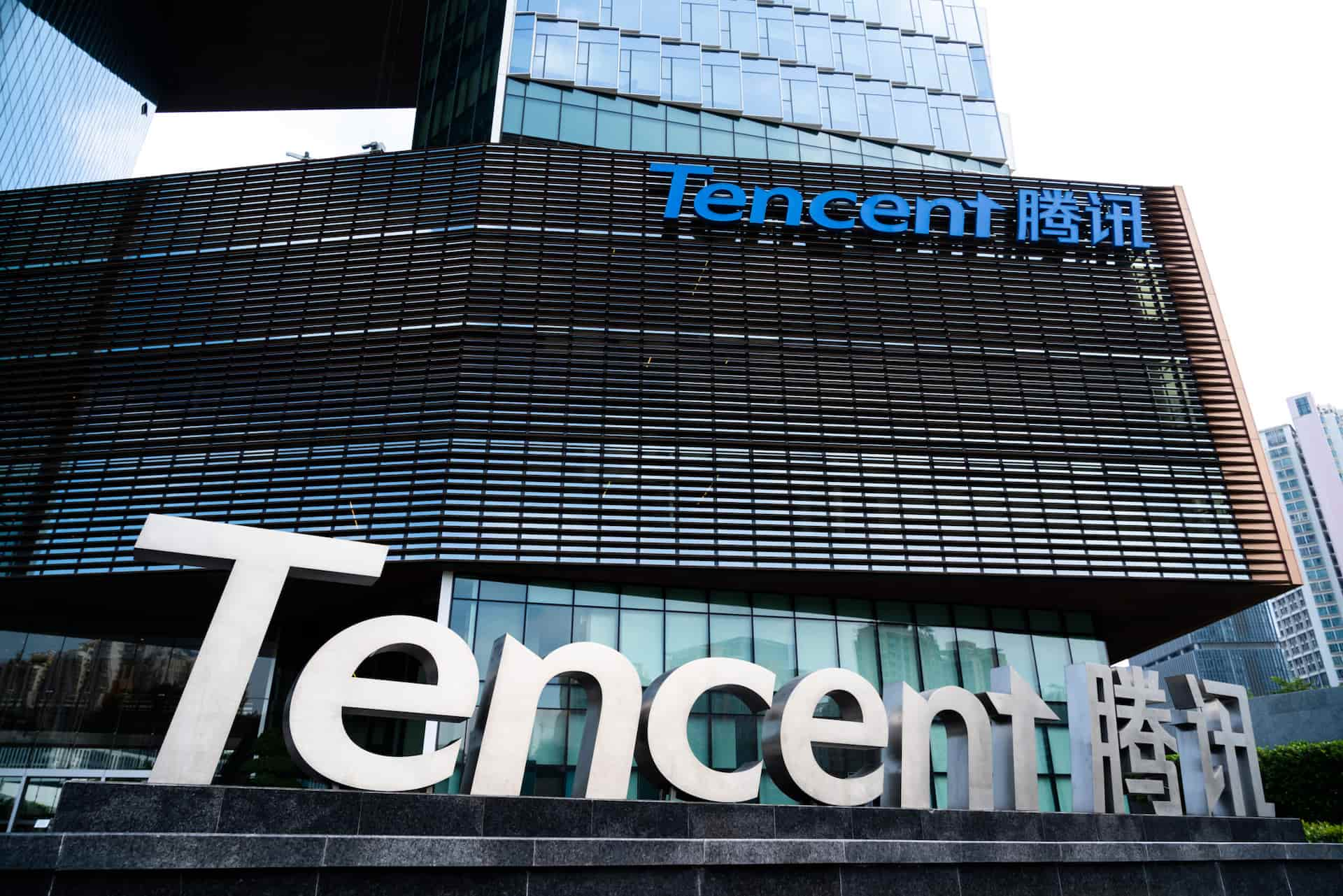The United States Department of Defense has intensified its scrutiny of Chinese corporations, adding Tencent Holdings Ltd., a leading social media and gaming company, and Contemporary Amperex Technology Co. Ltd. (CATL), the world’s largest battery manufacturer, to its list of firms allegedly aligned with China’s military. This move underscores the ongoing rivalry between Washington and Beijing over technological dominance and national security concerns.
The Pentagon’s action, announced through a notice in the Federal Register, identifies these companies as part of China’s military-civil fusion strategy. This strategy, a key pillar of Beijing’s military modernization efforts, seeks to leverage cutting-edge civilian technology for military advancements. The inclusion on the so-called 1260H list does not directly impose sanctions but could tarnish the reputations of these companies and hinder their global operations, particularly in markets like the United States.
Shares of Tencent, which operates the ubiquitous Chinese app WeChat, dropped by 6.5% on the Hong Kong Stock Exchange following the announcement. CATL, a prominent supplier of electric vehicle (EV) batteries to global giants like Tesla and Ford, saw its Shenzhen-listed shares decline by more than 3%. These market reactions reflect concerns over the potential fallout from the Pentagon’s allegations.
The Department of Defense emphasized the strategic importance of the 1260H list in its broader effort to counter China’s ambitions of building the world’s most technologically advanced military. According to the Pentagon, the initiative aims to expose and disrupt China’s attempts to blur the lines between its civilian industries and military operations.
Tencent swiftly rejected the allegations, with a company spokesperson describing the move as “a mistake.” In a statement to CNN, the spokesperson clarified that Tencent is not a military supplier and that the listing would not materially impact its operations. However, the company expressed willingness to engage with US authorities to resolve the issue. CATL, known for its partnerships with major automakers and its plans to assist Ford in establishing a lithium-ion battery plant in Michigan, has yet to respond publicly to the claims.
This development adds to the escalating technological and economic tensions between the US and China. The rivalry has intensified in recent months as Washington seeks to curb Beijing’s access to advanced technologies that could be used for military purposes. Late last year, the Biden administration implemented export controls on US-manufactured semiconductors, citing concerns that they could bolster China’s artificial intelligence and weapons programs. Additionally, Beijing announced plans to restrict the export of technology critical to extracting rare earth minerals, a move that could impact the global EV industry.
Under President Xi Jinping’s leadership, China has accelerated its military modernization agenda. Central to this effort is the military-civil fusion strategy, which aims to integrate the country’s private sector innovations with its defense industry. While this approach has historical roots dating back to the 1990s, it was elevated to a national strategy in 2014 as part of Xi’s vision to position China as a global superpower in economics, technology, and military prowess.
Experts highlight the distinct nature of China’s People’s Liberation Army (PLA) compared to the US military. The PLA operates as the armed wing of the Chinese Communist Party, blurring the lines between state and corporate activities. Isaac Stone Fish, CEO of Strategy Risks, a firm specializing in China-related business intelligence, emphasized that Beijing expects its companies to support the PLA, creating regulatory, economic, and reputational risks for US firms engaged in partnerships with Chinese entities.
Despite the allegations, some analysts believe Tencent might have a strong legal case to challenge its inclusion on the list. Ivan Su, a senior equity analyst at Morningstar, noted that Tencent’s primary focus on social media and gaming could help it secure exclusion through the US judicial system, similar to Xiaomi’s successful appeal in 2021. Xiaomi, a Chinese consumer electronics firm, was initially subjected to harsh restrictions under a separate Defense Department list but later had those restrictions lifted after a US federal judge ruled that the government lacked sufficient evidence to substantiate its claims.
The broader implications of this evolving tech rivalry remain significant. As the US tightens restrictions on Chinese firms and Beijing pursues self-reliance in critical technologies, the competition between the two superpowers is set to shape the future of global trade, innovation, and security.







